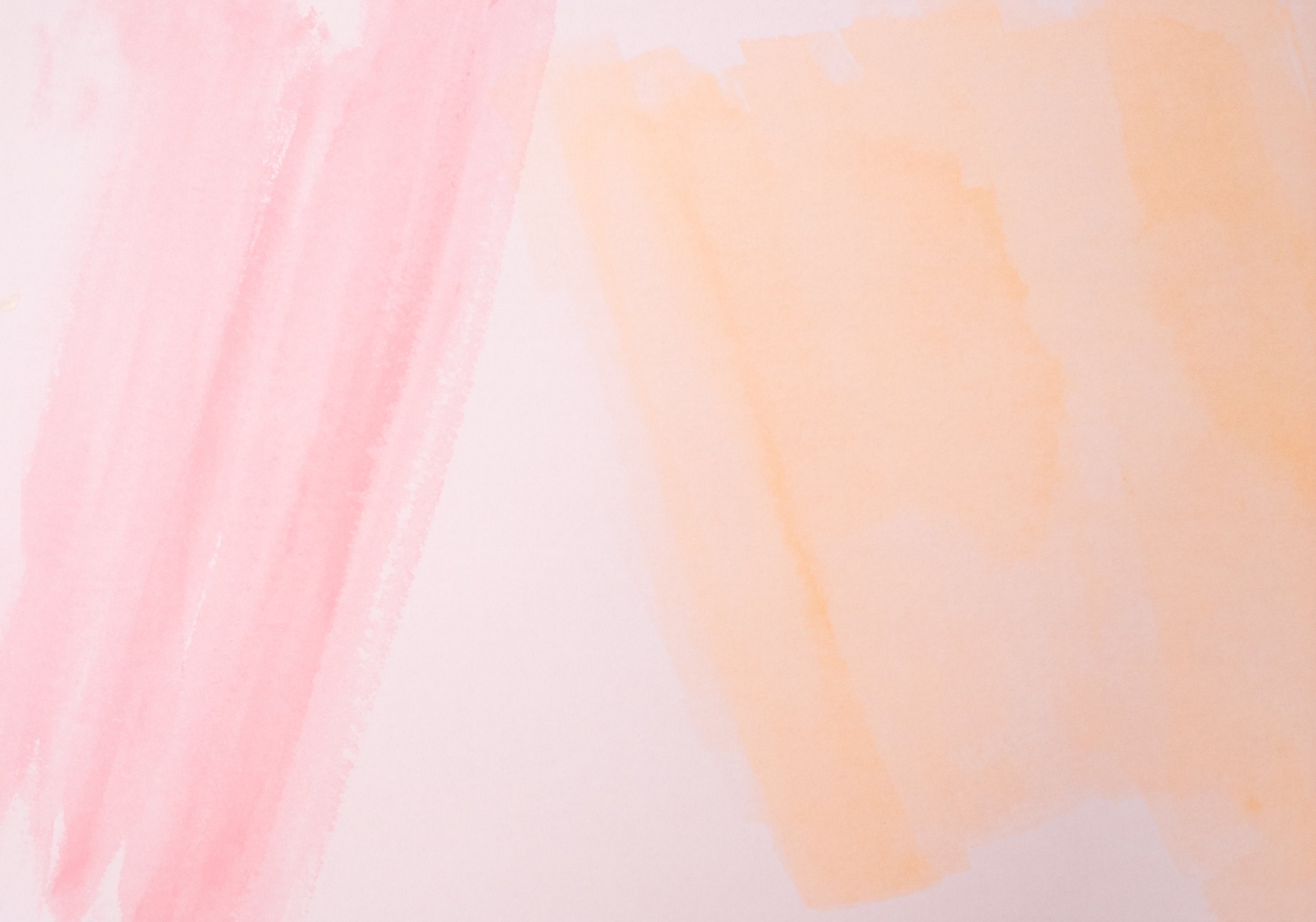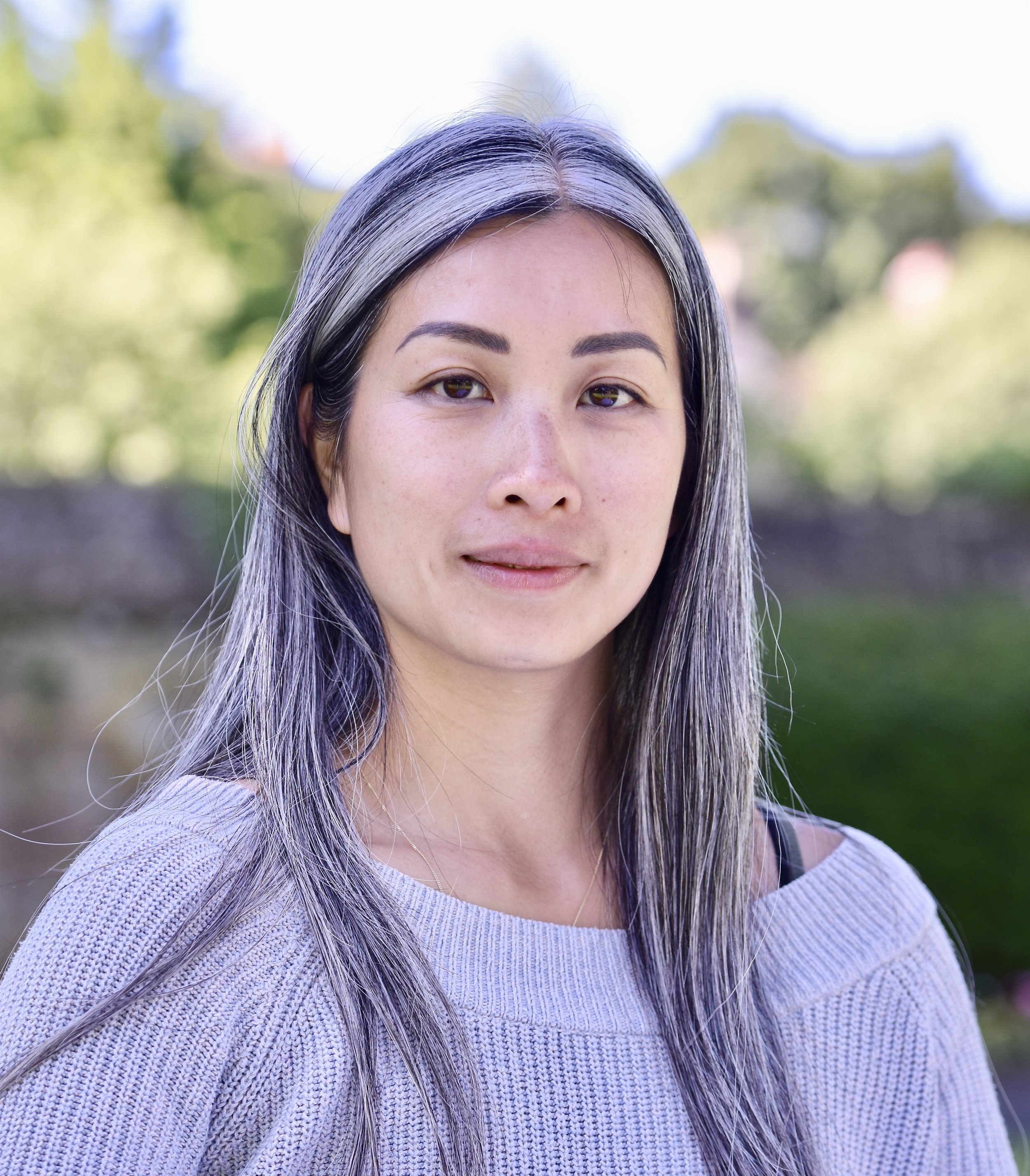
About the European Patent Attorney profession
INTERVIEW
Olivia Tsang
Country: United Kingdom
Company size: 1-10
Experience: 10+ years
Type of work: freelance
How did you learn about the Patent Attorney profession and what inspired you to become a (European) Patent Attorney?
I was coming to the end of my doctorate studies and was looking for alternatives to a research career. A friend told me about the Inside Career guides, and I looked into Patent Attorneys, amongst others. A career as a Patent Attorney particularly interested me as I still get to use my science background without being a researcher, and still be involved in science and engineering.
Most people know that Patent Attorneys help clients obtain a patent. However, what other tasks are you responsible for?
Before thinking about patenting, the client may not be aware that there are different forms of IP protection, and may not be aware what IP rights they or their business already have, especially when the client owns a small business or start-up. Advising what the client has in terms of IP rights, what they can do with the rights, how they can protect their rights and identifying potentially patentable subject matter are often more stimulating and enjoyable than the actual drafting and prosecution of a patent application. You may also need to help the client with filing strategies. In an ideal world, the client would have a bottomless budget and you would protect every single protectable feature of their product(s) in every single country, but in reality, you need to help them identify which product and which feature(s) are worth protecting and which country or countries are most useful for their business.
If you had to split your role into science, law, and business, what is the proportion of each?
It depends on the client. For start-ups and independent inventors, they tend to require more help with the law and to identify where to put their investment in terms of IP protection that would be useful to their business. Science is always present as you need to be able to understand the inventions and the background science. It doesn’t mean you need be an expert in that field, but you need the ability to know what to ask to get the information out of the client, which can be surprisingly challenging sometimes – many inventors can’t explain how their inventions work.
What does the team structure at your workplace look like?
I am a one-person business and I either take on work, e.g. drafting a patent application, from a patent firm as a consultant with the support of the firm, or for a direct client I would produce the work for the client to file themselves.
What does your average workday look like?
Most days involve work associated with drafting a patent application or a response to an examination report from a patent examiner, and advising clients on filing strategy or response strategy. Some days involve one or two virtual meetings with client to discuss what their inventions are, whether their inventions are patentable, and how best to protect their inventions.
What would a dream workday as a (European) Patent Attorney look like for you?
A meeting with an existing or potential new client to talk about their invention with enthusiasm, identify something I can patent for them, and then work on the patent application.
What is the most exciting aspect of being a (European) Patent Attorney for you?
Helping start-ups to identify their invention(s) and help them through the patenting process. With start-ups, you can clearly see their enthusiasm and they really appreciate all the help you give them.
What are your least favourite tasks?
Administrative tasks. Running my own business as a freelance consultant means I am responsible for every aspect of the business, including raising the profile of the business, producing website or marketing material, keeping a record of business expenses, and tax return.
Does your job allow you to have time for your hobbies?
It used to be hard to find the time for hobbies when I was employed by a firm, there were targets to meet as well as other work commitments. As a freelance consultant, my time is much more flexible. I am a qualified yoga instructor and I teach yoga once a week. I am also a keen climber and climb a couple of times a week, sometimes more if I happen to have a quiet day!
If you could start your career over, would you change anything?
I would be less concerned about working for prestigious patent firms and less concerned about working towards partnership as I was at the beginning of my career. It works for some people but for me, I enjoy the flexibility and the variety of work that come with freelancing, and getting direct feedback from the client that they are happy with my work when they come back to me with more work.
If the Patent Attorney profession suddenly disappeared tomorrow, what else would you do?
I would like to be a science communicator explaining and promoting science to the public, perhaps for a science museum, university or a research institution.
What advice would you give someone that wants to become a European Patent Attorney?
Training to qualify is a long process so you need to be prepared to study and take exams again for another few years of your life. The exams are very different from what you would have experienced before so be prepared to fail – it’s not an indication that you’re not good enough, it’s just something you need to get through. The person (usually a partner at a patent firm) you train with needs to be able to give you the support and guidance you need, so make sure it is someone you get on with and don’t be afraid to request a change. Your specialism when you qualify would largely be determined by the work you do when you are training, so if possible, request something you’re interested in or steer away from subject matter you’re not comfortable with (e.g. tobacco or oil industry) when you’re training.
What do you think about the future outlook of our profession?
With increased awareness of patent and intellectual property in general amongst the public, I think the profession will continue to grow and you can see the growth just by looking at the number of firms that are recruiting new people. Improved software and AI tools for document searching and analysis would hopefully make the work of a Patent Attorney more efficient, enabling the Patent Attorney to focus more on advising clients and drafting patent applications without spending hours looking for and through relevant documents. At least in the near future, I can’t see a drafting AI replacing a skilled Patent Attorney in drafting patent applications.
There already are companies that outsource their patent drafting to countries such as India where the cost of labour is much lower, but these drafts are often of low quality. This is because a good draft requires more than just an understanding of the invention, the background technology and writing skill, it requires knowledge of how the law is interpreted and applied, relevant case law that may favour one way of describing a feature over another, and often experience of making mistakes in applications you have drafted that you later came to regret when prosecuting these applications.

